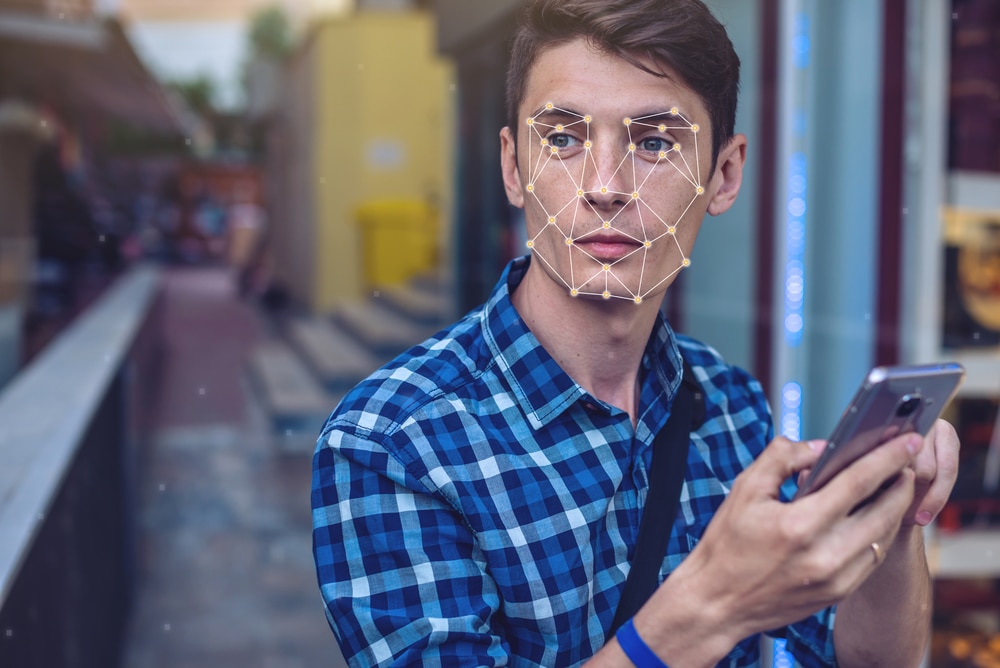
The Metropolitan Police Service’s (MPS) deployment of live facial recognition (LFR) technology in central London has led to three arrests and 15,000 people’s biometric data being scanned.
The Met deployed LFR on July 7 at Oxford Circus as part of a crackdown on crime in the Westminster area.
The arrests were for assault and drug dealing after a vehicle-mounted near the tube station LFR system scanned faces and matching them against a database of images.
It also took and processed the biometrics of 15,600 people whose facial details were captured from which the arrests resulted, according to e report in Computer Weekly.
In January, the last occasion LFR was used in the capital, the system matched 11 suspects from 12,000 scans.
Griff Ferris, Senior Legal and Policy Officer at Fair Trials, said: “The police’s operational use of facial-recognition surveillance at deployments across London over the past six years has resulted in countless people being misidentified, wrongfully stopped and searched, and even fingerprinted.
“It has also clearly been discriminatory, with black people often the subject of these misidentifications and stops.
“Despite this, the Metropolitan police, currently without a commissioner, in special measures, and perpetrators of repeated incidents evidencing institutional sexism and racism, are still trying to pretend this is a ‘trial’. Facial recognition is an authoritarian surveillance tool that perpetuates racist policing. It should never be used.”
The Met said that ‘significant diligence’ continues in testing the biometric tech in operational conditions.
A statement released by the force said: “The MPS has undertaken significant diligence in relation to the performance of its algorithm.
“Alongside the operational deployment, the Met tested its facial-recognition algorithms with the National Physical Laboratory [NPL].
“Volunteers of all ages and backgrounds walk past the facial recognition system…After this, scientific and technology experts at the NPL will review the data and produce a report on how the system works. We will make these findings public once the report has been completed.”
Biometrics and Surveillance Camera Commissioner Prof Fraser Sampson recently welcomed the “significant and credible report” by Matthew Ryder QC over the development of biometrics.
He said a “systemic approach focusing on integrity” is needed as the tech develops in the future, as it is now being deployed beyond policing in the private commercial sector.
Prof Sampson said: “In a world where almost all our biometric capability is in private ownership, we need to be very careful whose corporate – company – we keep – because if our surveillance partnerships are NOT ‘soundly and enduringly based on trust and common interest’ we are all in trouble which is why the Public Procurement Bill is so important in this area.
“We now have an opportunity to do something momentous: will we lead by thoughtful, courageous planning or wait to be sued into further submission – either by regulators or the citizen.
He added: “If society is to get the most from biometric surveillance technology, it will need a systemic approach focusing on integrity – of both technology and practice – along with the standards of everything and everyone in it – because, in a systemic setting, if you infect one part, you infect all of it.
“Looking to the future, parliament may decide to treat all this as a data protection matter.
“Of course, biometric surveillance uses individuals’ data – which public or private function doesn’t?
“That’s like saying it uses electricity – But biometric surveillance is no more “just” data protection than DNA profiling is “just” chemistry or facial recognition ‘just’ photography.
“In his valedictory report as HM Chief Inspector, Tom Winsor says policing needs ‘a material intensification of partnership with the private sector – soundly and enduringly based on trust and common interest’.
“Nowhere is that truer than biometric surveillance.”